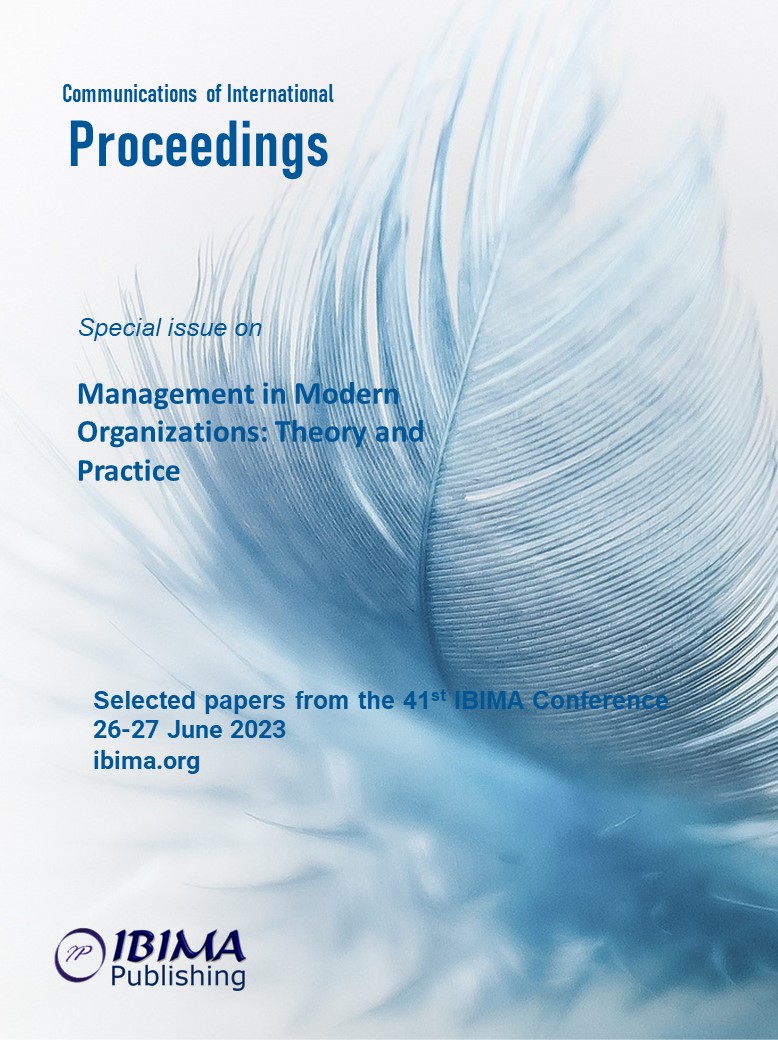
Hanna MIZGAJSKA
Calisia University – Kalisz, Poland

During the pandemic, small businesses representing commerce as well as catering, tourism and transport service found themselves in a particularly difficult situation. Running a small business during the pandemic was particularly severe for women due to the care of children related to the closure of schools, kindergartens and crèches. The literature on the barriers to running a business during the pandemic crisis by women and men is modest. There is a lack of research comparing the barriers to running businesses by women and men.
The aim of this article is to identify the impact of the pandemic on the development of small and medium-sized enterprises run by women and men, including a comparison of barriers to running a business by both groups of companies. The conclusion was based on the results of a survey conducted using the same questionnaire before and during the pandemic, in South-Eastern Wielkopolska, a region in Poland. The first survey in 2011 was conducted among 43 women and 39 men managing small and medium-sized enterprises. The second, concerning the period of the Covid-19 pandemic, in 2020, was conducted in 2022 with the participation of 16 women and 41 men.
The research revealed that the most important economic barriers to the growth of both women- and men-led businesses include high tax burdens, high competition and unclear legislation. The surveyed companies perceived the listed barriers as already significant before the pandemic, but their burdensomeness increased during the lockdown period. The most important educational barriers for both surveyed groups of companies include lack of knowledge about taxes, labour law and unfamiliarity with accounting. The surveyed companies, regardless of the gender of the manager, did not declare major losses during the lockdown.